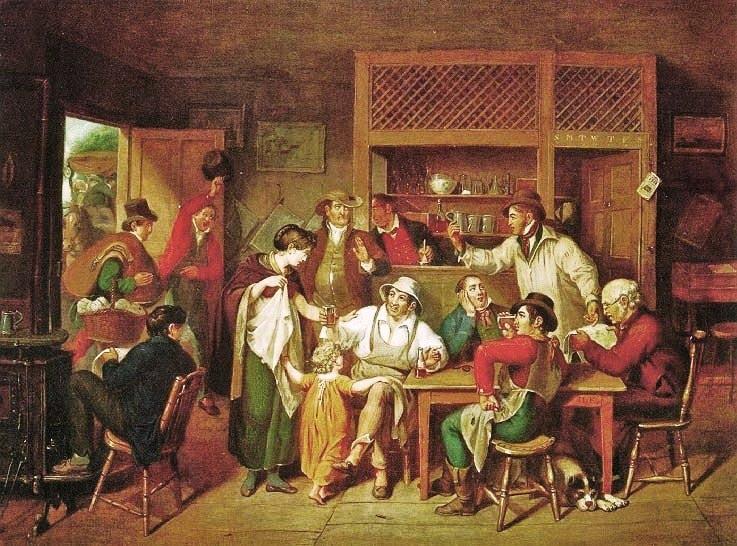“Hang down your head, Tom Dooley Hang down your head and cry Hang down your head, Tom Dooley Poor boy, you’re bound to die”
It was 1959 or 1960 when I first heard the Kingston Trio’s “Tom Dooley” on the jukebox in Grady’s Café in Boonville, North Carolina, population of around 600 souls. I don’t remember what I was eating, who I was with, or why I was there, but I recollect perfectly sitting in a booth, staring into space, and being mesmerized by that song.And so began my lifelong love affair with American ballads.






